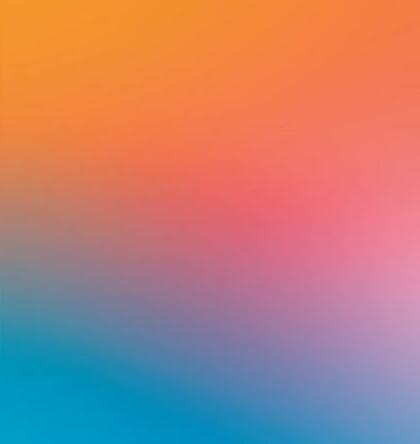
4 minute read
Self-Care Resources For A Healthy Mind & Body

While some of us might think of self-care as a good retail therapy session or bubble bath, there are additional layers to caring for yourself that we often overlook: like, supporting our mental, emotional, and physical selves. (We call this proactive self-care.)
The good news is that this kind of care is readily available at our fingertips. Whether you’re working on keeping yourself hydrated, focused, or a little less anxious, we’ve compiled a few resources offering compassionate, simple reminders that caring for yourself doesn’t have to be complicated.
“Meditative Story” by Rohan Gunatillake combines immersive storytelling with science-backed benefits of mindfulness practice embedded into the storylines — along with breathtaking originally composed music.

“The Happiness Lab with Dr. Laurie Santos” — a Yale professor who studies the science of happiness — takes you through the latest scientific research and shares stories that will change the way you think about your mental health.
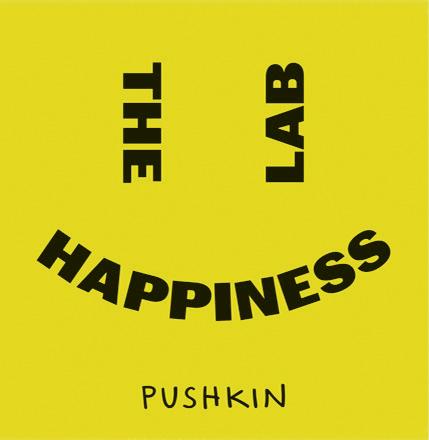
“A Slight Change of Plans” is a podcast hosted by Dr. Maya Shankar that blends compassionate storytelling with the science of human behavior to help us understand who we are, as well as who we become, in the face of a big change.
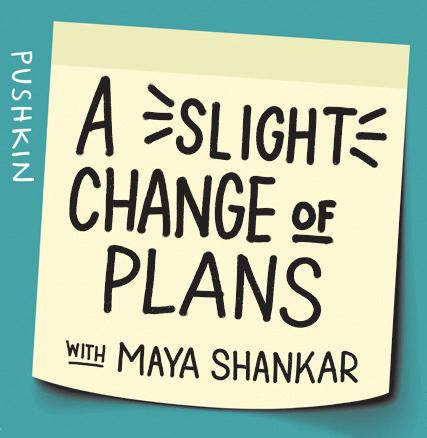
Meet your newest selfcare bestie: Finch: Self Care Widget Pet . Finch is a self-care pet app (you think of it as a modern-day Tamagotchi pet that lives on your phone) that helps you feel prepared and positive. The goal is simple, take care of your pet by taking care of yourself.
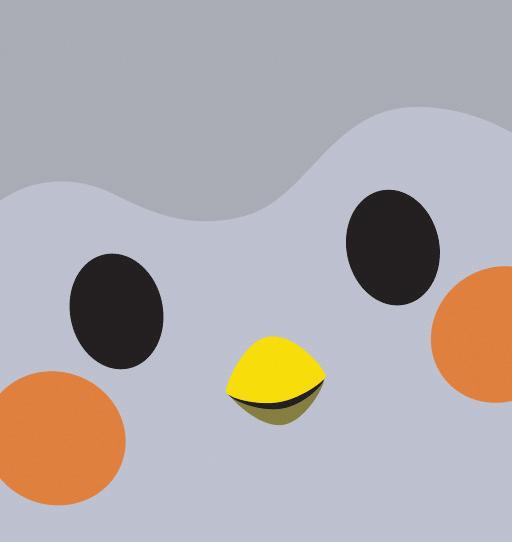
Insight Timer is a free app that offers a variety of guided meditations (over 130,000), helping people address their sleeping patterns, anxiety, and stress. Each session is peer-reviewed and offers live events like yoga, mood tracking, private mentoring, and workshops.
Whole: Self-Care Habit Builder, by The Happiness Broadcast, is a free science-based self-care app designed to help people build and maintain healthy habits. Some notable features include breathing exercises, hydration checks, sleep sounds, meditation, and more.

Well, of course, we have to include our free daily email, The Goodnewsletter ! Our team of good news journalists collect and share the top good news stories of the day — plus a few bonus goodies — all to leave you feeling more hopeful about the world. goodgoodgood.co girlsnightin.co
GGirls’ Night In is a weekly newsletter by women, for women. From pop culture to self-care, to mental health and (you guessed it) tips on having a great night in, this newsletter is the coziest dose of comfort for you and your inbox!

If you have ADHD (or love someone with ADHD), Extra Focus is a straightforward ADHD-friendly newsletter that offers ideas and strategies on time management, energy, and motivation. extrafocus.io

While coping with the death of a close friend to suicide, Maggie Rose Macar began to notice the barriers that existed for people like herself who were seeking affordable mental health services.

“I had such difficulty coping with the loss of my friend that I almost didn’t recognize myself,” Macar shared with Medium. “Surrounded by stigma, I must have secretly contacted 50–60 therapists through extensive online searching with only one to respond.” Although this professional typically charged $150 per session, he went on to offer $10 sessions — simultaneously providing Macar with the space to cope and ignite her passion for addressing a very real gap in the mental health system.
This passion soon motivated her to create a nonprofit to help normalize asking for support and offer young people the opportunity to access affordable mental health services.
Due to the extremely high demand of people seeking accessible mental health support during the COVID-19 pandemic, Macar's organization soon transitioned into the founding of zant., a mental health app connecting people (mainly college students) with highly-skilled specialists offering support in areas such as trauma, recovery, stress and burnout, eating disorders, and more. The young CEO is not only creating systems for those who are traditionally excluded from receiving mental health services, but doing it in the heavily male-dominated tech industry. Macar hopes to leverage technology as a suicide prevention tool — making sure that there are no roadblocks for those who need help.
Alegra Kastens (@obsessivelyeverafter) is a licensed marriage and family therapist, obsessive-compulsive disorder (OCD) advocate, content creator, and founder of Center for OCD, Anxiety and ED . She specializes in treating OCD, anxiety, body-focused repetitive behaviors, body dysmorphic disorder, and eating disorders.
As someone who lives with OCD, Kastens's work to provide treatment, education, and advocacy is deeply personal.
“There are misconceptions about many illnesses, but OCD seems to be one of the most misunderstood of them all,” she shared with Made of Millions.
Beyond the important work and support she provides to her clients, Kastens serves an online community of over 95 thousand followers by posting reliable research-based OCD and anxiety content.
She also offers online workshops aimed at providing helpful resources and insight for people overcoming the shame and guilt typically associated with mental health disorders.
“I understand firsthand the relentlessness of the disorder and how painfully it holds one’s life captive,” she shared. “I also understand that relief and recovery are real with a large dose of evidence-based treatment and an equally large dose of willingness.”
Kasten is actively using her voice, platform, and expertise as a tool to create a much-needed space for the OCD community. Through her informative posts (and fun memes), her followers have found a reliable and approachable creator willing to meet them exactly where they're at.
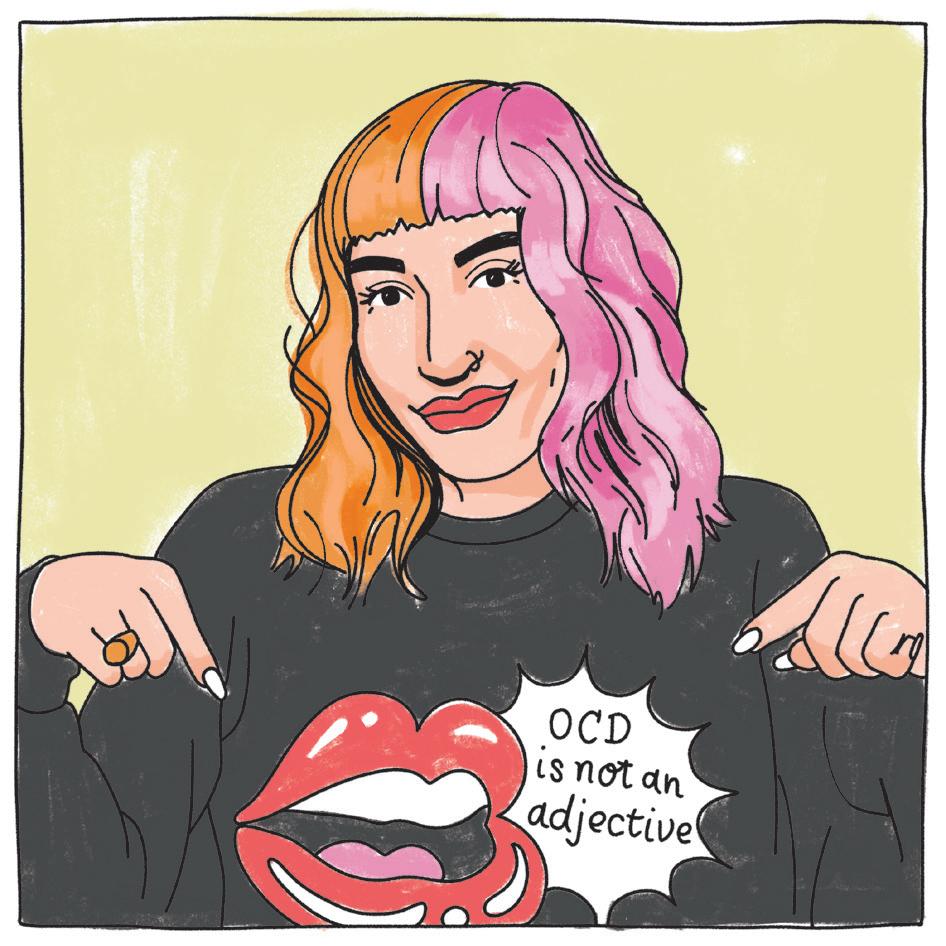
Lorenzo Lewis spent most of his childhood and teen years at his aunt’s barbershop, where he soaked up the playful banter, laughter, and hushed conversations between barbers and their clients. Lewis’s intimate connection with barbershops later resurfaced in his late 20s when he worked as a juvenile case worker.
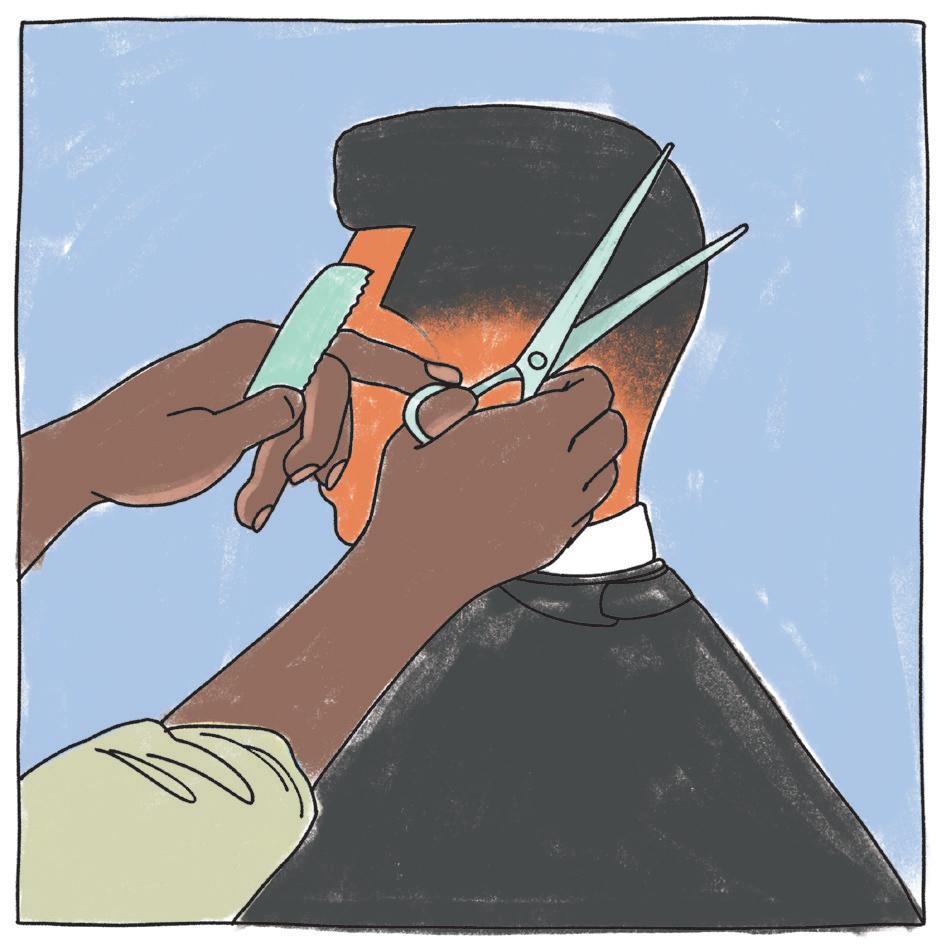
Many of the kids he worked with were Black students suffering from trauma, depression, and other mental illnesses. “Since African American boys and men had little access to therapy, why not bring therapy to them,” Lewis thought.
The solution: The Confess Project of America , a national organization training barbers and stylists to become mental health advocates. The organization is the largest nonprofit committed to building a safe space for Black boys, men, and their families to address their mental health — creating awareness and breaking stigmas within the Black community.
Since its founding in 2016, The Confess Project of America has supported over 1,900 barbers who have then gone on to reach over 2.2 million people a year, according to its website.
Barbers receive formal training around active listening, validation, stigma reduction, and communication and are also taught to recognize subtle personality changes (like withdrawal or noticeable changes in grooming).
“Barbershops are an institution in African American communities and known for social change agents as far back as the Civil Rights era,” Lewis shared in an interview with Today.






